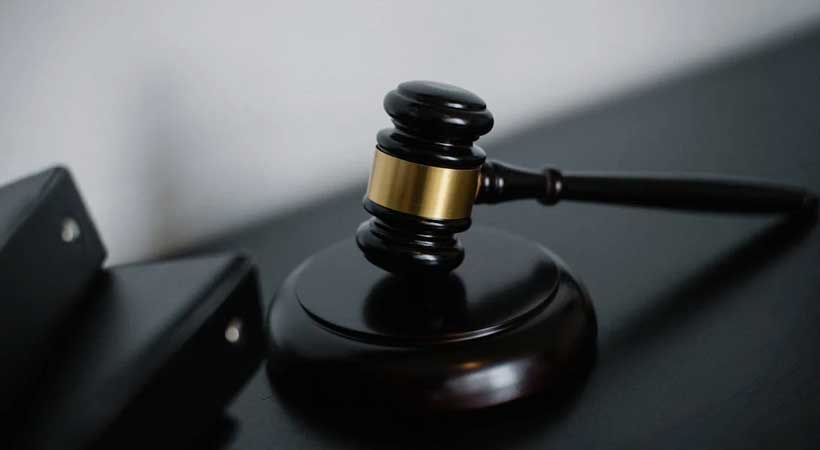
Deepfake Laws in India: Are We Prepared?
The rise of artificial intelligence has opened up incredible opportunities — but also a Pandora’s box of threats. Among the most dangerous of these is the deepfake: AI-generated content that can impersonate someone’s face, voice, or expressions with frightening accuracy.
In recent months, India has witnessed a sharp rise in deepfake cases — targeting celebrities, politicians, and even private individuals. The question is no longer “What is a deepfake?” — but “Are our laws strong enough to handle this growing menace?”
Let’s explore the legal framework around deepfakes in India and whether we are truly prepared.
What Exactly is a Deepfake?
A deepfake is synthetic media — a video, image, or audio — created using artificial intelligence or machine learning. These technologies, especially GANs (Generative Adversarial Networks), can make people appear to say or do things they never actually did.
What began as experimental tech has now been weaponized for:
- Political misinformation
- Celebrity impersonation
- Financial scams
- Pornographic content
- Defamation and cyberbullying
Why This Matters: Real Cases in India
In 2023, deepfakes of Bollywood actresses went viral, sparking outrage over the misuse of AI in pornography.
In early 2024, political deepfakes altered campaign speeches — circulating fake clips of leaders with false claims.
Recently, deepfakes have targeted ordinary individuals, making it easier than ever to destroy reputations with minimal effort.
The technology is scalable, cheap, and untraceable — and India’s legal system is struggling to keep up.
Do Indian Laws Cover Deepfakes?
India currently has no standalone law specifically addressing deepfakes. But certain legal provisions are being invoked to tackle them.
1. Information Technology Act, 2000
- Section 66D: Punishes cheating by impersonation using electronic communication.
- Section 66E: Penalizes violation of privacy by capturing or transmitting images of private areas.
- Section 67: Prohibits the publishing or transmission of obscene material in electronic form.
- Section 67A & 67B: Specifically target sexually explicit content and child pornography.
Limitation: These provisions were not drafted with AI or synthetic media in mind. They are reactive, not preventive.
2. Indian Penal Code (IPC)
- Sections 419 & 420: Deal with cheating and impersonation.
- Sections 499 & 500: Apply to defamation — including if reputation is harmed using manipulated content.
- Sections 354C & 509: Address voyeurism and outraging the modesty of a woman — used in cases involving fake obscene videos.
Limitation: These are general provisions and require heavy evidentiary support, which is challenging with AI-generated content.
3. Right to Privacy (Article 21)
Recognized by the Supreme Court in the landmark Puttaswamy judgment, this right includes informational and bodily privacy. Deepfakes violate both — especially when faces and voices are cloned without consent.
Limitation: Enforcement depends on judicial interpretation — not a concrete framework.
What About the IT Rules, 2021?
The Information Technology (Intermediary Guidelines and Digital Media Ethics Code) Rules, 2021 hold platforms like Facebook, X, and YouTube accountable.
They require:
- Traceability of originators
- Grievance redressal
- Removal of harmful content within 36 hours of being flagged
However, these rules are designed for platform regulation, not criminalizing the act of deepfaking itself.
Where India Falls Short
- No legal definition of “deepfake”
- No specific punishments for AI-generated impersonation
- Victims often don’t know where or how to file complaints
- Digital forensics are expensive and often unavailable
- Platform response is inconsistent
In short: We’re fighting 2025’s crimes with 2000’s laws.
What’s Happening Globally?
- USA: States like California and Texas have passed laws criminalizing non-consensual deepfake porn and political deepfakes.
- EU: The upcoming AI Act categorizes deepfakes as “high-risk” and mandates clear disclosure.
- China: Requires explicit labels on AI-generated content and punishes misuse.
India has yet to catch up.
Is Change Coming?
Yes — slowly. The Indian government has acknowledged the deepfake threat.
In 2024, the IT Ministry issued advisories to platforms about taking down deepfakes within 24 hours.
The Digital India Act (expected in 2025) aims to replace the outdated IT Act and may contain deepfake-specific provisions.
Several PILs (Public Interest Litigations) are pending in High Courts seeking stronger action against AI misuse.
But unless this turns into codified law, enforcement will remain patchy and post-facto.
What Can Victims Do Right Now?
- Report to Cyber Crime Portal: Visit cybercrime.gov.in to file a complaint under “cyber harassment” or “morphed content”.
- Send a Legal Notice: Especially when the content is defamatory, obscene, or misused on social media.
- Approach Police/Cyber Cell: File an FIR under relevant IT Act and IPC sections.
- Write to Platforms: Request takedown under the IT Rules, 2021.
Final Thoughts
Deepfakes are no longer science fiction. In 2025, they are a legal crisis in waiting — challenging what we see, trust, and believe. While India has made progress in recognizing the threat, our laws are still catching up with the technology.
Until then, the best defense is public awareness, stronger digital forensics, and urgent, focused legislation.
Because in a world where truth itself can be faked… the law needs to be real, fast, and future-ready.



